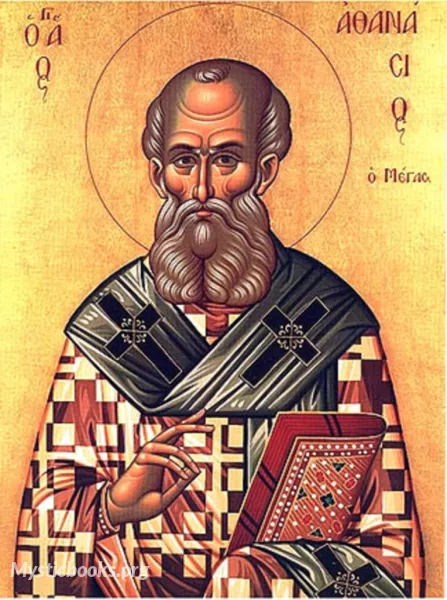
Timeline
Title
Country/Nationality
Athanasius of Alexandria
Athanasius of Alexandria was a renowned Christian theologian and bishop who lived in the 4th century AD. He is best known for his defense of orthodox Christianity against the Arian heresy, which denied the divinity of Christ. Athanasius is also known for his many writings, which continue to be studied and revered by Christians today.
Athanasius was born in Alexandria, Egypt, in the year 296. He was educated in the city's famous catechetical school, where he studied under the renowned theologian, Alexander of Alexandria. Athanasius quickly distinguished himself as a brilliant student and was ordained a deacon at a young age.
Athanasius is best known for his defense of the orthodox Christian doctrine of the Trinity. In the early 4th century, a heresy known as Arianism had gained widespread popularity. Arianism denied that Jesus Christ was divine and claimed that he was a created being. Athanasius vigorously defended the orthodox Christian view that Jesus was both fully God and fully human, and his efforts were instrumental in the eventual defeat of Arianism.
Athanasius was exiled from Alexandria five times during his lifetime, mainly due to his defense of the orthodox Christian doctrine. Despite this, he continued to write prolifically, producing some of the most influential theological works of the early Christian era. His most famous works include "On the Incarnation," "The Life of Saint Anthony," and "Against the Arians."
Athanasius' philosophy centered on the importance of the incarnation of Jesus Christ. He believed that only through the incarnation could humanity be reconciled to God. Athanasius also emphasized the importance of the Holy Spirit in the life of the Christian, teaching that the Holy Spirit was essential for spiritual growth and transformation.
Athanasius died in the year 373, having spent much of his life in exile. He is remembered as one of the greatest defenders of orthodox Christianity and as one of the most influential theologians in Christian history. His writings continue to be studied and revered by Christians today.
A fun fact about Athanasius is that he was an avid supporter of the monastic movement. He was a close friend and mentor to Saint Anthony, the father of Christian monasticism, and his book "The Life of Saint Anthony" is considered one of the most important works on the subject.
Books by Athanasius of Alexandria
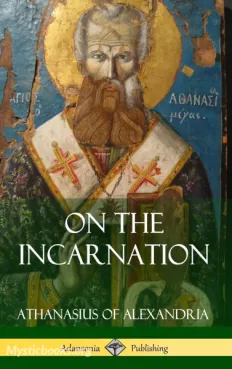
On the Incarnation
It is a defense of the orthodox Christian doctrine of the incarnation, which holds that Jesus Christ is both fully God and fully human. The book was written in the early 4th century and is considered one of the most important works of Christian theo...
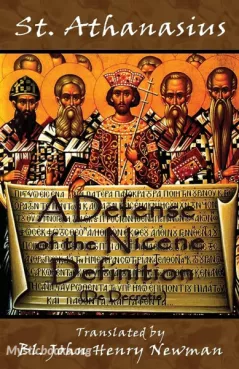
Defence of the Nicene Definition
"Defence of the Nicene Definition" by Athanasius of Alexandria: A Passionate Struggle for Christian Faith What does it truly mean to be divine? How does Jesus Christ fit into the Trinity? In the 4th-century work "Defence of the Nicene Definition" by...
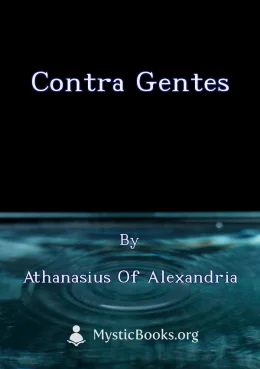
Contra Gentes
Contra Gentes is a theological treatise written by Athanasius of Alexandria in the early 4th century. The work is divided into two parts, the first of which focuses on pagan beliefs and worship practices. Athanasius argues that paganism is based on f...
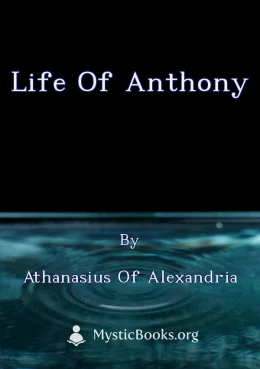
Life of Anthony
The 'Life of Anthony' by Athanasius of Alexandria is a biographical account of Saint Anthony, a pivotal figure in early Christian monasticism. Written in the 4th century, the text chronicles Anthony's life from his youth, where he renounced wealth to...
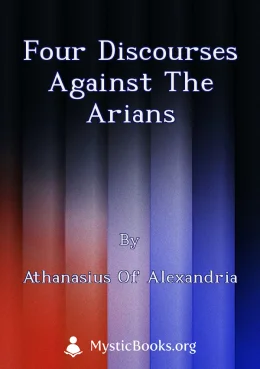
Four Discourses Against The Arians
The Four Discourses Against the Arians is a persuasive text that argues against the heretical teachings of Arius and his followers, known as Arians, within the early Christian church. Arius had argued that Jesus Christ is a created being inferior to...